The 'Enhanced Games': a dangerous dosage?
A drug-fuelled Olympic-style competition is in the works but critics argue the risks are too high
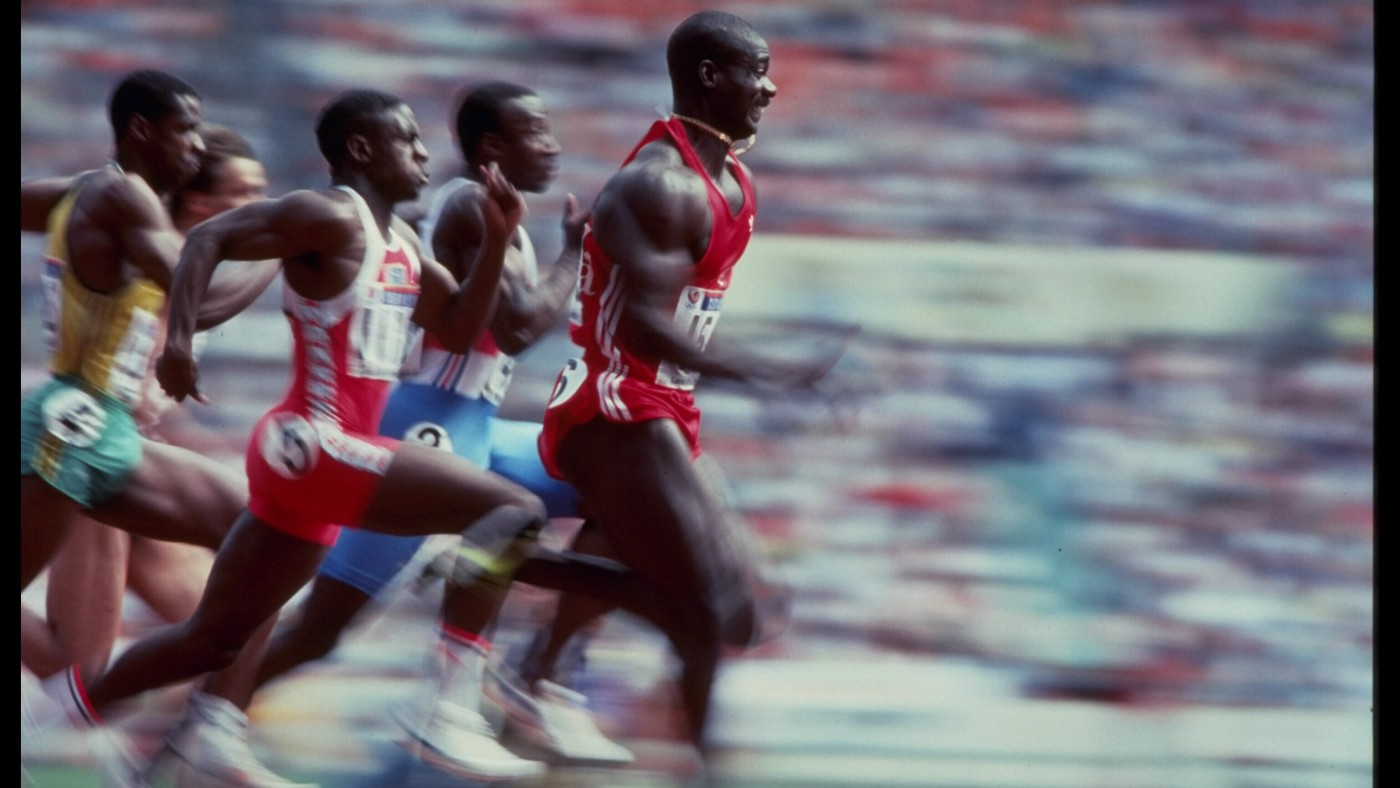
A free daily email with the biggest news stories of the day – and the best features from TheWeek.com
You are now subscribed
Your newsletter sign-up was successful
Billionaire PayPal co-founder Peter Thiel has invested in a "drug-friendly" Olympic-style competition that would allow competitors to take performance-enhancing drugs (PEDs) to push their bodies to new limits.
Styled as a "modern reinvention" of the Olympics minus the drug testing, the for-profit "Enhanced Games" will initially focus on "smashing world records" in athletics, swimming, gymnastics, weightlifting and combat sports, said Men's Health. But critics say it would not only go against the spirit of sporting competition, but could also pose a danger to athletes.
'My body my choice'
The new Games is the brainchild of lawyer Aron D'Souza, who led the Thiel-funded lawsuit that bankrupted Gawker Media in 2013. Thiel is among a number of high-profile venture capitalists backing the project, according to D'Souza, who told the New York Post that he had raised "enough to produce the first Games".
The Week
Escape your echo chamber. Get the facts behind the news, plus analysis from multiple perspectives.

Sign up for The Week's Free Newsletters
From our morning news briefing to a weekly Good News Newsletter, get the best of The Week delivered directly to your inbox.
From our morning news briefing to a weekly Good News Newsletter, get the best of The Week delivered directly to your inbox.
The contest will allow athletes to use whatever substances they wish "out in the open and honestly", he said. The Enhanced Games website references a 2018 study, published in the journal Sports Medicine, that found almost 44% of athletes used PEDs at the 2011 World Athletics Championship.
"Athletes are adults… and they have a right to do with their body what they wish – my body, my choice, your body, your choice," D'Souza told the Australian Associated Press.
This approach could turns athletics into "something closer to Formula One, where the human element is only part of the picture and technology is at least as important", said New Atlas, which argued that "the Olympics has never been fair, because everyone's genetic potential is different".
The Enhanced Games might even make other competitions more fair, said The Verge. Openly allowing drugs may "draw the PED users away from other sports", leaving the athletes "who prefer to work clean better able to showcase their own abilities".
A free daily email with the biggest news stories of the day – and the best features from TheWeek.com
'A dangerous clown show'
Some mainstream sports stars have spoken out against the new, drug-friendly contest.
"No one within athletics takes the Enhanced Games seriously," said Sebastian Coe, head of World Athletics, on a recent podcast. Travis Tygart, CEO of the US Anti-Doping Agency, told CNN that the Enhanced Games would be "a dangerous clown show, not real sport".
According to the NHS, the risks of taking anabolic steroids include infertility, erectile dysfunction, hair loss and severe acne.
Another concern about the new Games is that as the monetary rewards mount up, "the race to dope, where inevitably more is better, will not be limited to medicines that have been approved for human use", said Catherine Ordway and Aaron C.T. Smith, experts in sport management and integrity at the University of Canberra, on The Conversation.
Even leaving the health worries aside, the Enhanced Games "challenge the very essence of what sport should be about", they said. "Perhaps we're being idealistic, but what's the point of sport if it isn't at least aiming to be authentic?"
If it does get off the ground, the Enhanced Games will not be enlightening because "it will not tell us about our species, and by extension about ourselves", said Damian Reilly in The Spectator last year. "If I know for certain [athletes] are on drugs, then of what relevance is their speed to me? They may as well be on wheels."
Sorcha Bradley is a writer at The Week and a regular on “The Week Unwrapped” podcast. She worked at The Week magazine for a year and a half before taking up her current role with the digital team, where she mostly covers UK current affairs and politics. Before joining The Week, Sorcha worked at slow-news start-up Tortoise Media. She has also written for Sky News, The Sunday Times, the London Evening Standard and Grazia magazine, among other publications. She has a master’s in newspaper journalism from City, University of London, where she specialised in political journalism.
-
 Bad Bunny’s Super Bowl: A win for unity
Bad Bunny’s Super Bowl: A win for unityFeature The global superstar's halftime show was a celebration for everyone to enjoy
-
 Book reviews: ‘Bonfire of the Murdochs’ and ‘The Typewriter and the Guillotine’
Book reviews: ‘Bonfire of the Murdochs’ and ‘The Typewriter and the Guillotine’Feature New insights into the Murdoch family’s turmoil and a renowned journalist’s time in pre-World War II Paris
-
 Witkoff and Kushner tackle Ukraine, Iran in Geneva
Witkoff and Kushner tackle Ukraine, Iran in GenevaSpeed Read Steve Witkoff and Jared Kushner held negotiations aimed at securing a nuclear deal with Iran and an end to Russia’s war in Ukraine
-
 Why Jannik Sinner's ban has divided the tennis world
Why Jannik Sinner's ban has divided the tennis worldIn the Spotlight The timing of the suspension handed down to the world's best male tennis player has been met with scepticism
-
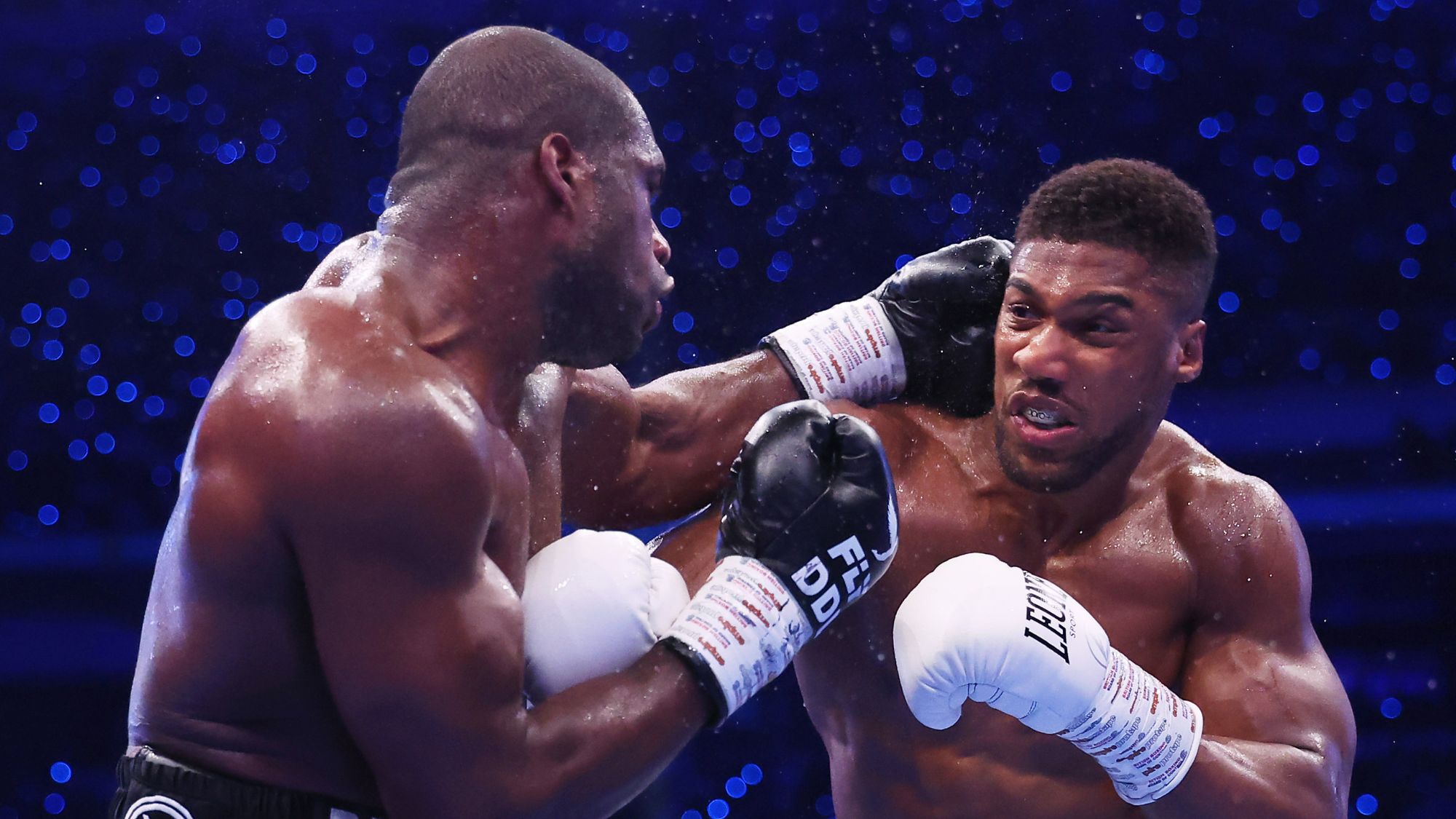 Is it time for Anthony Joshua to retire?
Is it time for Anthony Joshua to retire?After his latest brutal defeat, British boxing's 'poster boy' has a difficult choice to make
-
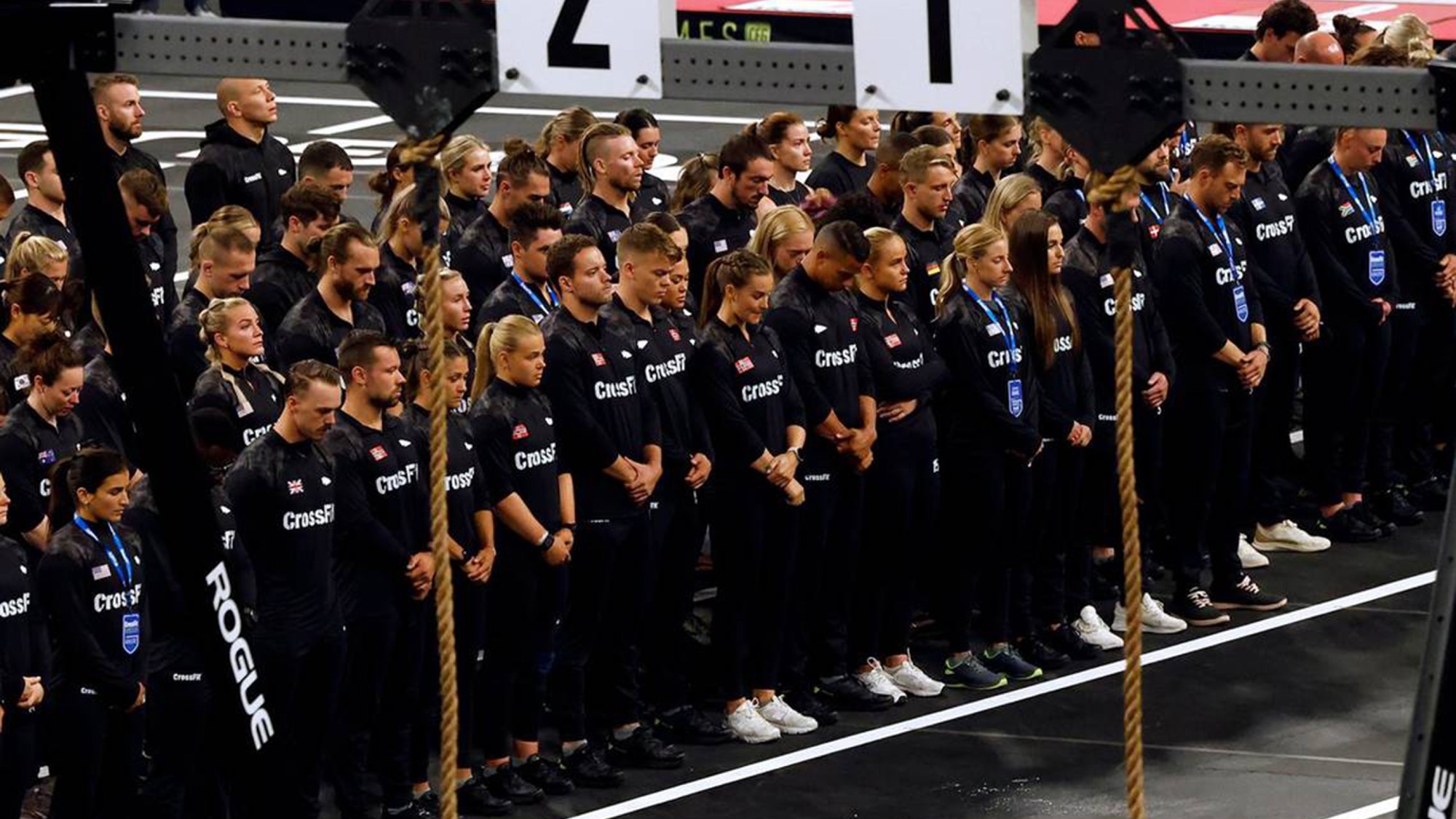 Will a death at the CrossFit Games change the sport?
Will a death at the CrossFit Games change the sport?Today's Big Question CrossFitter Lazar Dukic drowned during a competition earlier this month
-
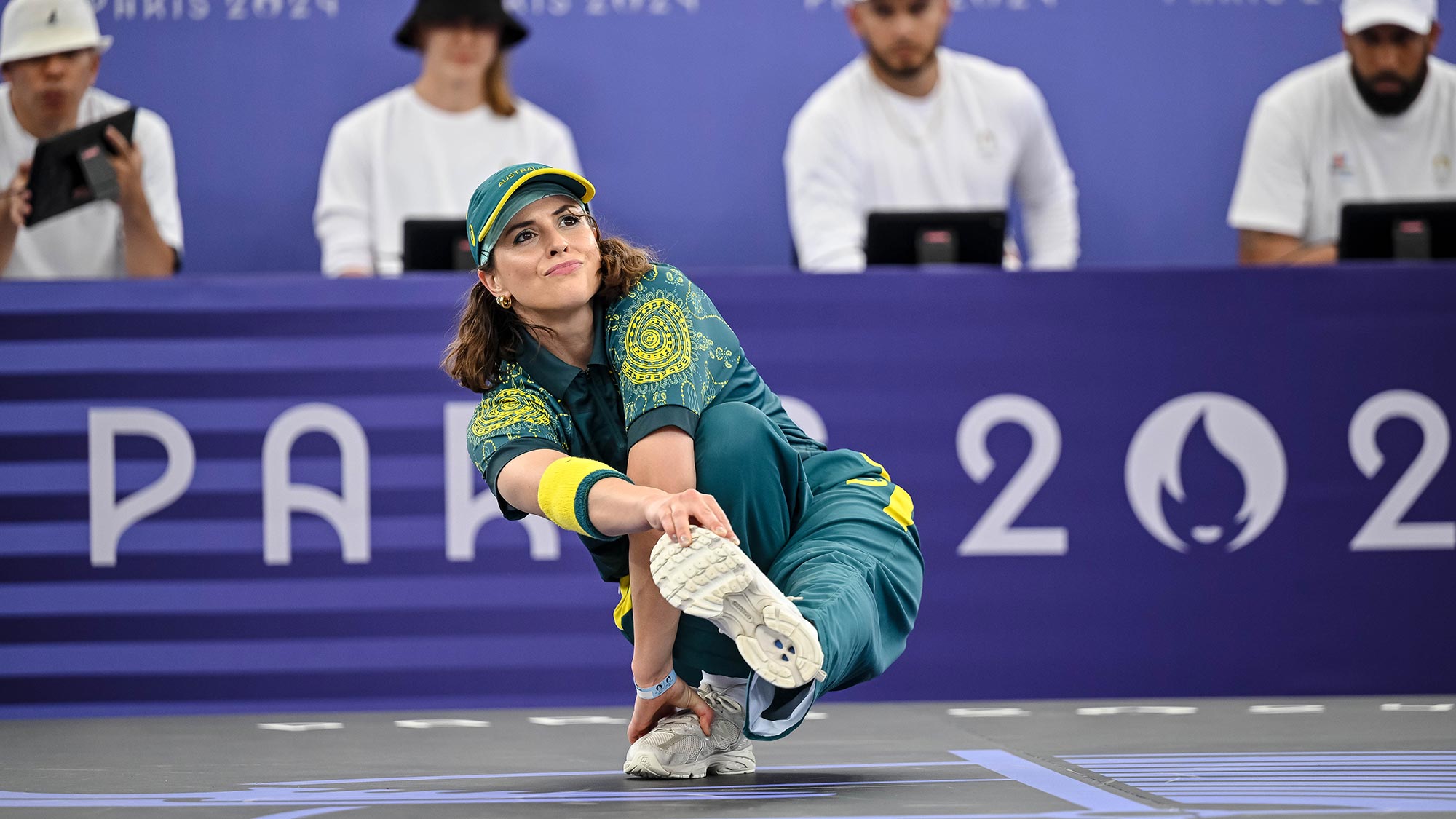 Raygun: heir to Eddie the Eagle?
Raygun: heir to Eddie the Eagle?Talking Point Australian Olympic breakdancer Rachael Gunn has become 'a worldwide meme'
-
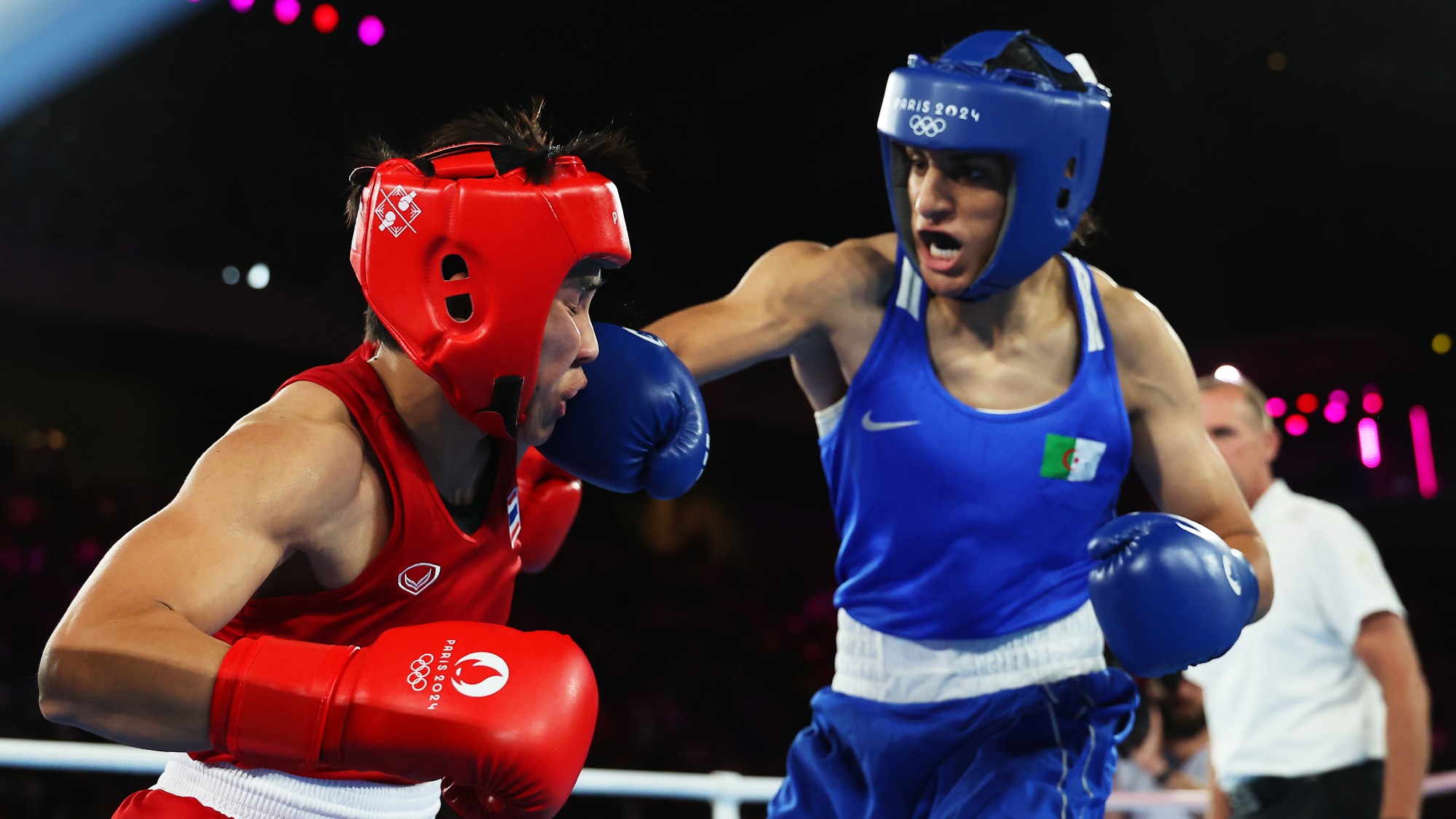 Boxing at the Olympics: the row over sexual differences
Boxing at the Olympics: the row over sexual differencesTalking Point Controversy over Imane Khelif and Lin Yu-ting shines a spotlight on the murky world of gender testing – and the IOC's inaction
-
 Tour de France: a return to the glory days?
Tour de France: a return to the glory days?A stellar line-up of contenders looks set to provide a vintage race
-
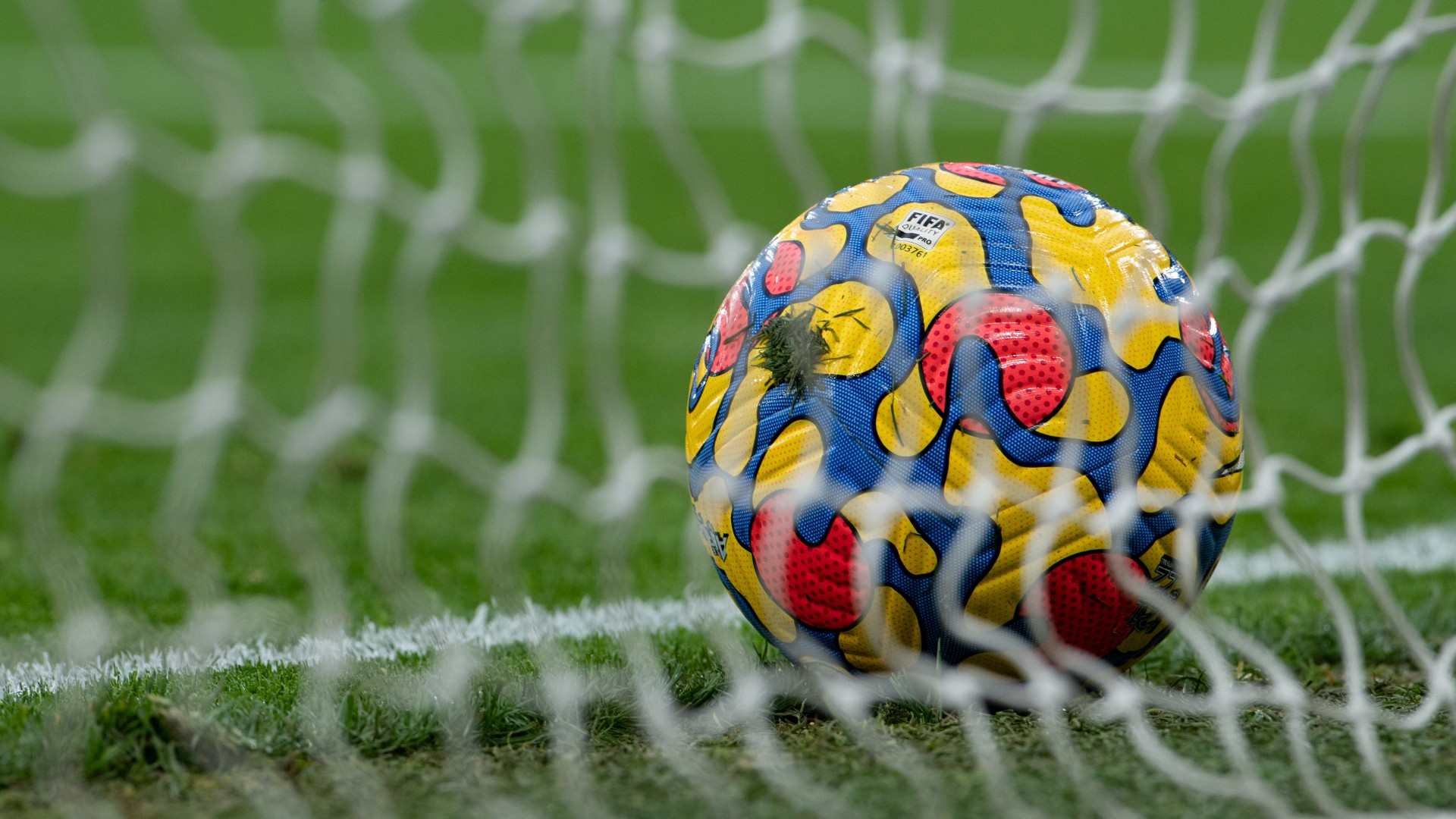 Is a new English football regulator an own goal for the game?
Is a new English football regulator an own goal for the game?Talking Point PM hails 'historic moment for football fans' but West Ham owner warns it could 'ruin' Premier League
-
 English football and the etiquette of leaving the stadium early
English football and the etiquette of leaving the stadium earlyTalking Point The belief that 'true fans stay to the end' does not always apply